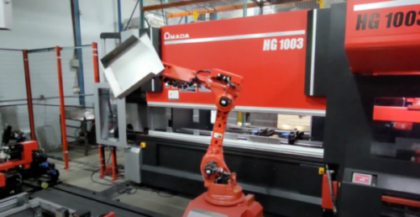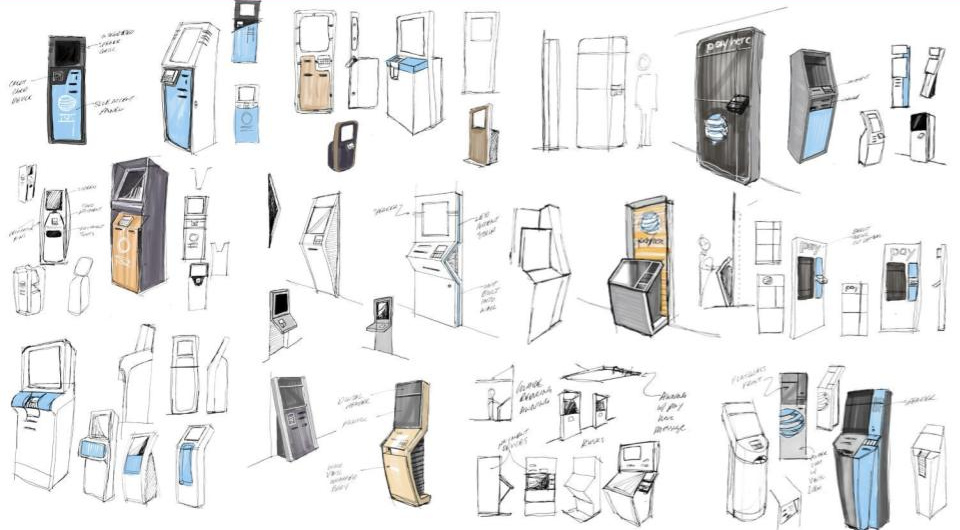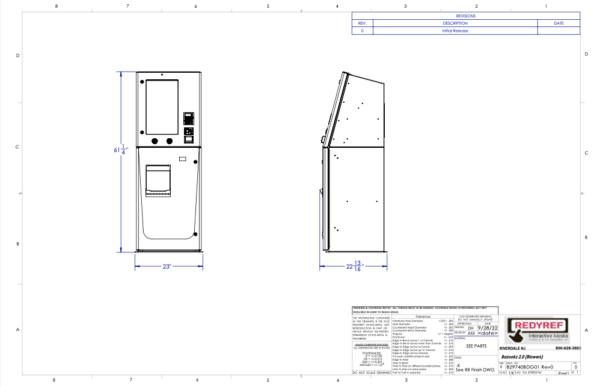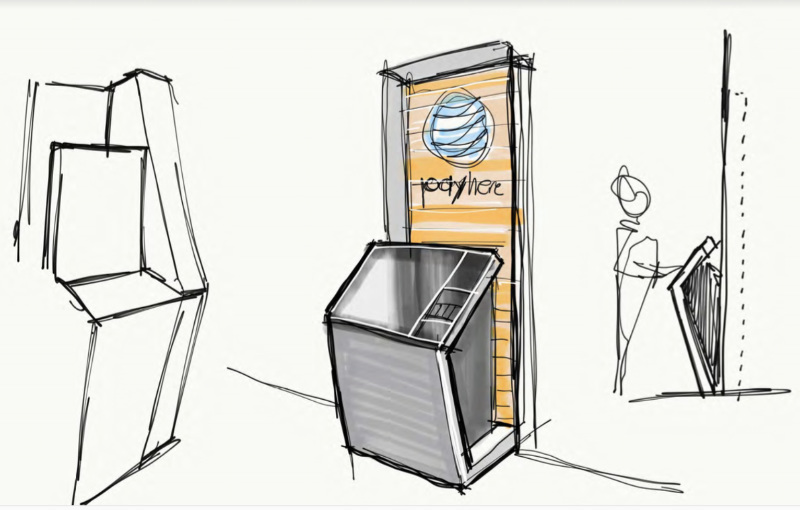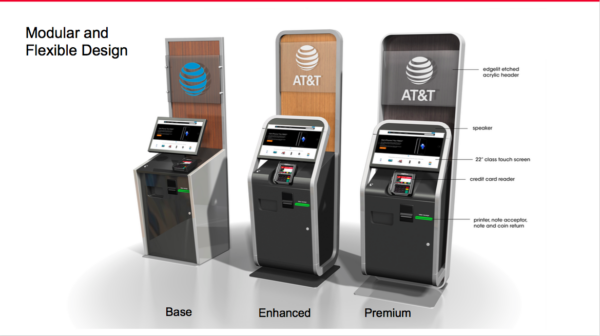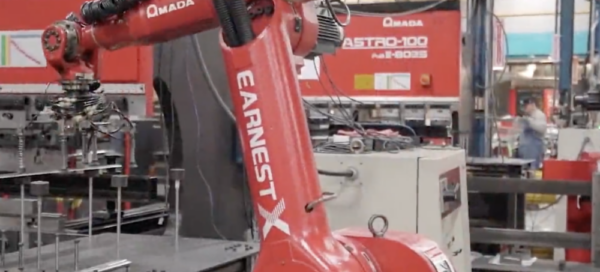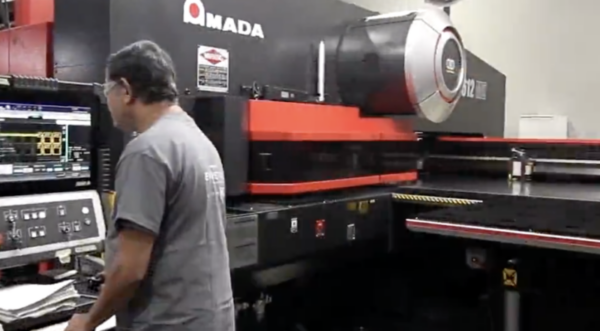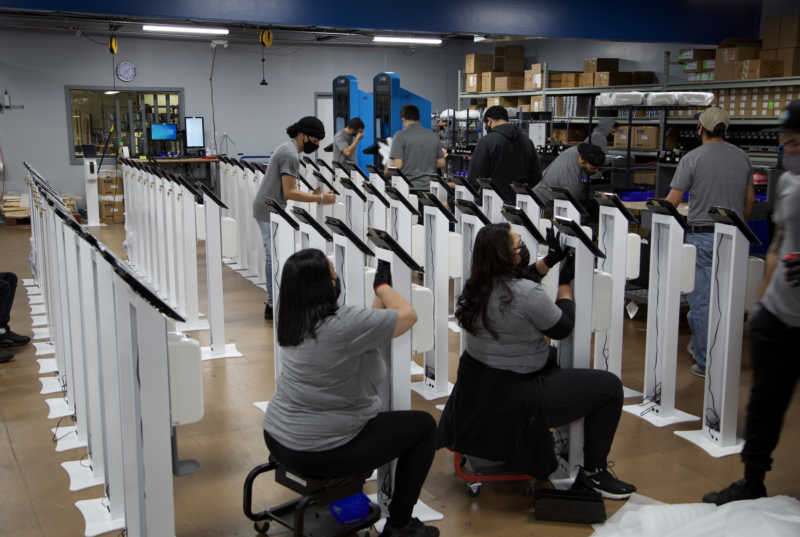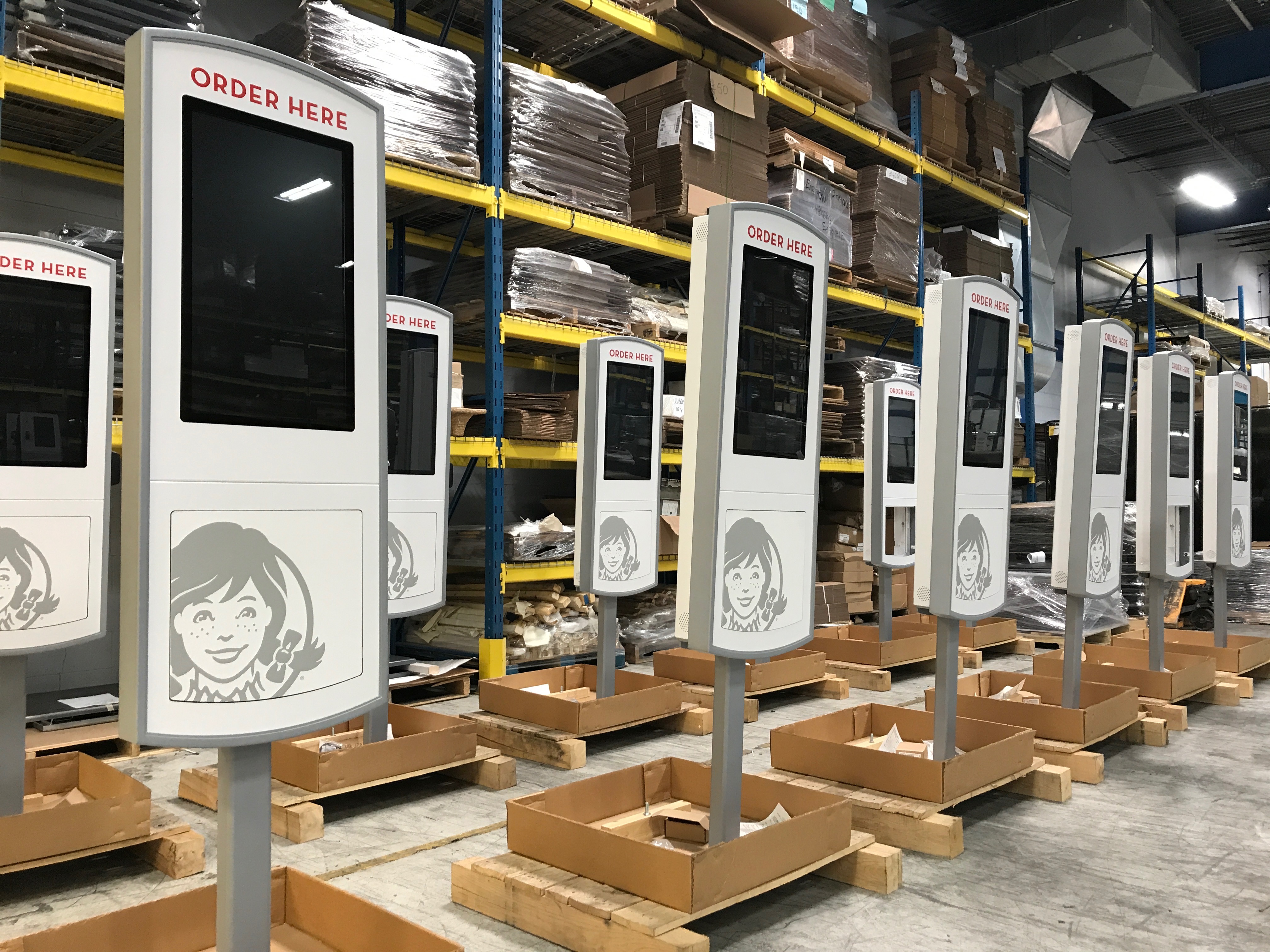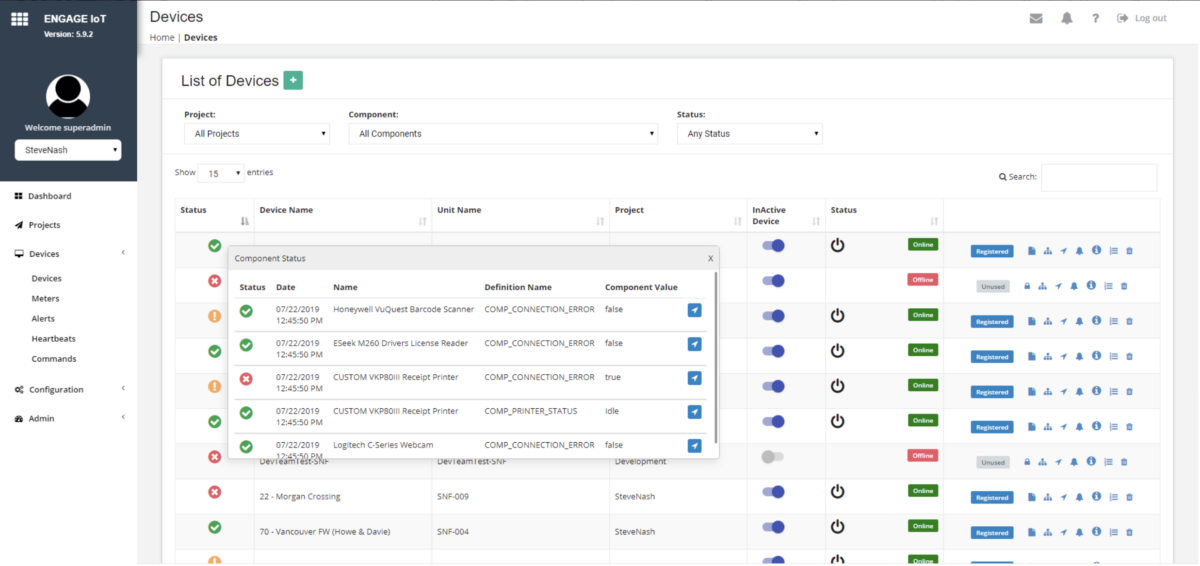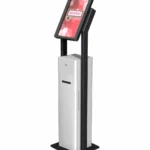Self-service kiosk assembly and integration is the final stage of the kiosk manufacturing process, which involves assembling all the different components of the kiosk, such as the frame, electronics, and software, into a functional unit. This process may involve the installation of customized software and hardware components, such as printers, card readers, and scanners, as well as connecting the kiosk to a network or server.
Assembly and integration require specialized skills in hardware and software integration, and may require the use of specialized tools and equipment as well.
Once the kiosk is fully assembled and integrated, it undergoes rigorous testing and quality control checks. These are critical steps in the manufacturing process, as they ensure that the kiosk is ready for shipping to the end customer.

